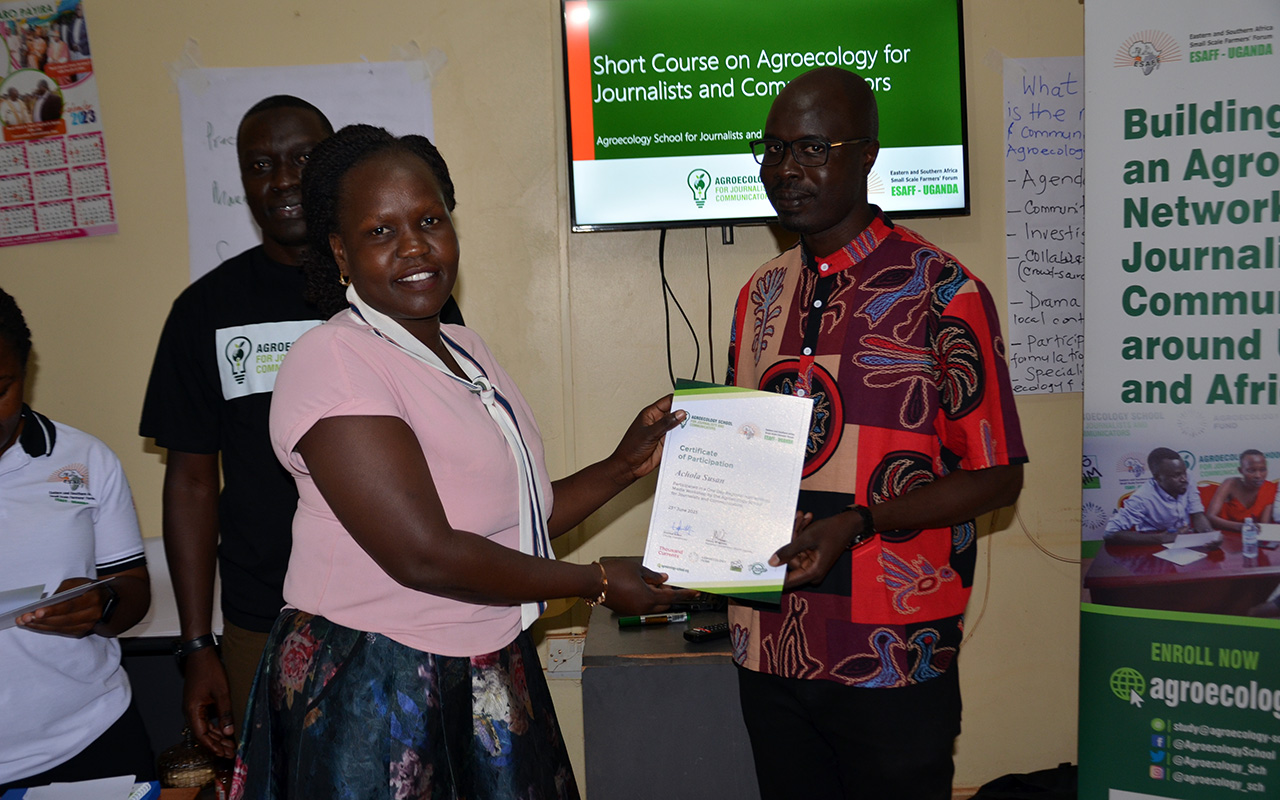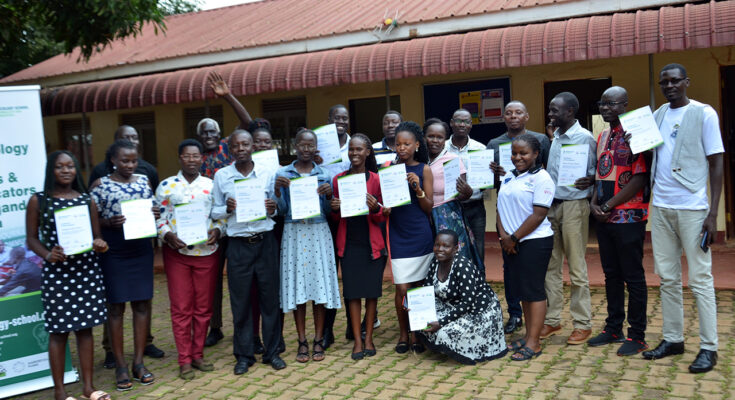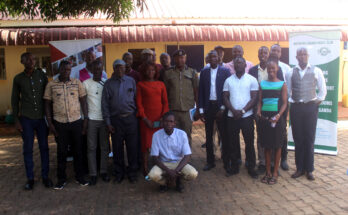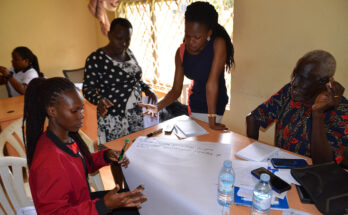Northern Uganda Media Club (NUMEC), in collaboration with Eastern and Southern Africa Small-Scale Farmers’ Forum (ESAFF), has equipped 20 journalists from various media houses across northern Uganda with skills and knowledge on communicating agroecology content.
The Regional Agro-ecology Media Workshop, which took place at the NUMEC premises in Gulu city, is part of the efforts aimed at building a network of journalists in Uganda – and Africa – who are working with small-scale farmers to contribute to the national and continental transition to agroecology through disseminating information.
The workshop covered various topics including an introduction to the concept of agroecology; agroecology practices and technology; challenges faced by journalists in relation to agroecology reporting; developing stories that promote agroecology.
Andrew Adem, the ESSAF-Uganda Programs Manager, said the training is meant to help journalists improve and strengthen their skills in producing agroecology-related stories in a factual, well-researched and professional manner.
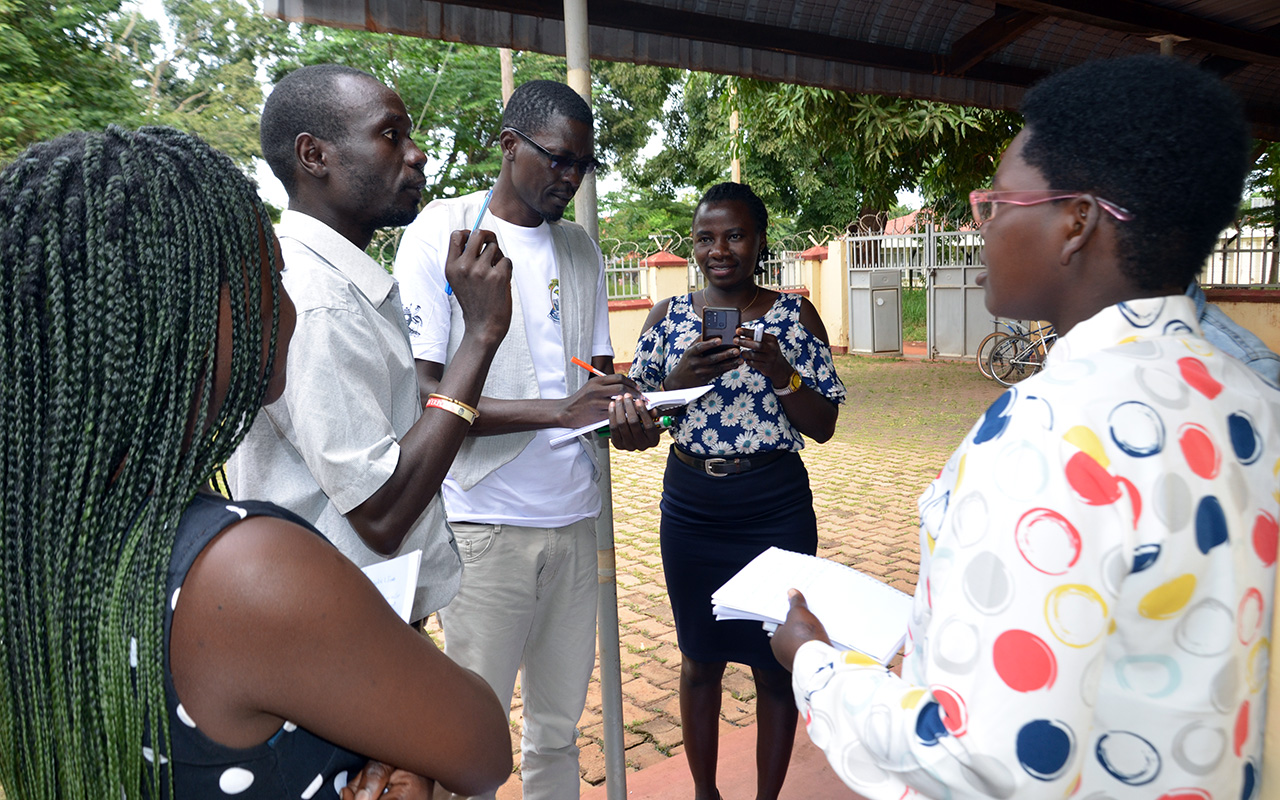
Producing quality stories about agroecological practices, Adem added, puts journalists in a better position to inform communities about the relevance of the farming practice in Uganda where 80 per cent of the population are small-holder farmers who rely on rain-fed agriculture as a source of livelihood.
“Our idea is to get journalists to understand and appreciate the concept of agroecology as they report about it,” Adem said. “Agroecology talks about organic farming, it is a movement, and it has principles that promote a healthy way of growing and consuming food. Journalists need to know these things because they are the ones with the power to influence our communities”.
Adem also noted that promoting agroecology through journalistic stories informs the communities on growing crops in an environmentally-friendly manner thus ensuring that “our earth remains healthy” unlike industrial, or “conventional” farming, which relies heavily on using chemical materials to grow crops.
“Agroecology, as a farming practice, mitigates climate change, reduces emissions, recycles resources and prioritizes local supply chains,” added Rashida Kabanda, the ESSAF-Uganda Assistant Programs Manager.
“It’s a movement too- because it puts people before profits”, says Kabanda, adding that “it promotes gender equality” by involving everyone in the food systems, from growing crops to harvesting.
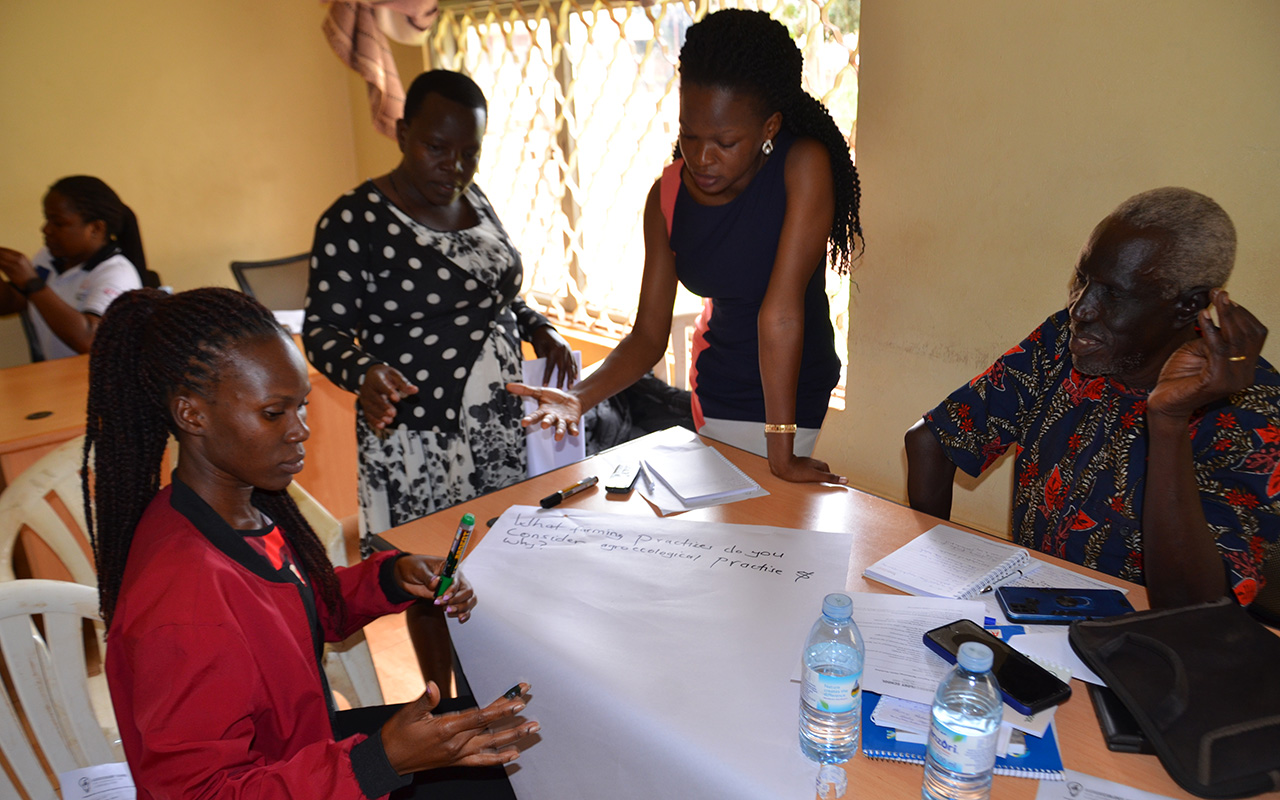
During the training, Kabanda also urged journalists to apply for the ESAFF grants support program that aims to facilitate journalists interested in reporting about agroecology. She also encouraged the journalists to apply for the third cohort of the agroecology training program, which is yet to be advertised this year.
The facilitator also tasked midway through the training session, journalists to discuss some of the challenges faced by them while reporting about agroecology; what reporting about agroecology in their community means to them; and also what their next steps would be after the workshop. Each group presented its findings before their colleagues after the discussions.
“At least we have a sense of what agroecology is all about. With practice, we will be there, as journalists or farmers,” said John Muto, a freelance journalist, after receiving his certificate upon completing the training.
Ernest Tumwesigye, a reporter working for Vision Group said; “the training has exposed us to more concepts in agroecology and [it has] also enabled us to build networks with people that we can always consult as we do our reporting”.
Alfred Oryem, the Project Coordinator at NUMEC, lauded ESAFF for the training, urging the trained journalists to practice what they have learnt- in their reporting and farming.
